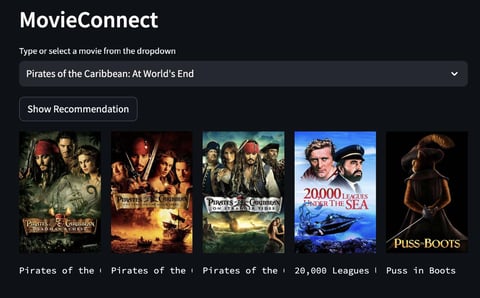
I managed the creation of a predictive model for forecasting used car prices, focusing on encoding categorical features and using regression techniques to predict 'price_log'. Using Python, I processed and analyzed data, then built and validated regression models.
Tools: Python
Libraries: pandas, numpy, matplotlib, seaborn, sklearn
Techniques: Data Cleansing, Exploratory Data Analysis, Categorical Feature Encoding, Train-Test Split, Regression Modeling & Analysis (Linear Regression, Ridge/Lasso Regression), Model Performance Evaluation (R2 Score, RMSE).
Outcome: The project highlighted key factors influencing used car prices. Through various regression models, including Linear Regression, Ridge, and Random Forest, I identified crucial predictors like Power and CarAge, enhancing predictive accuracy for used car prices.


















